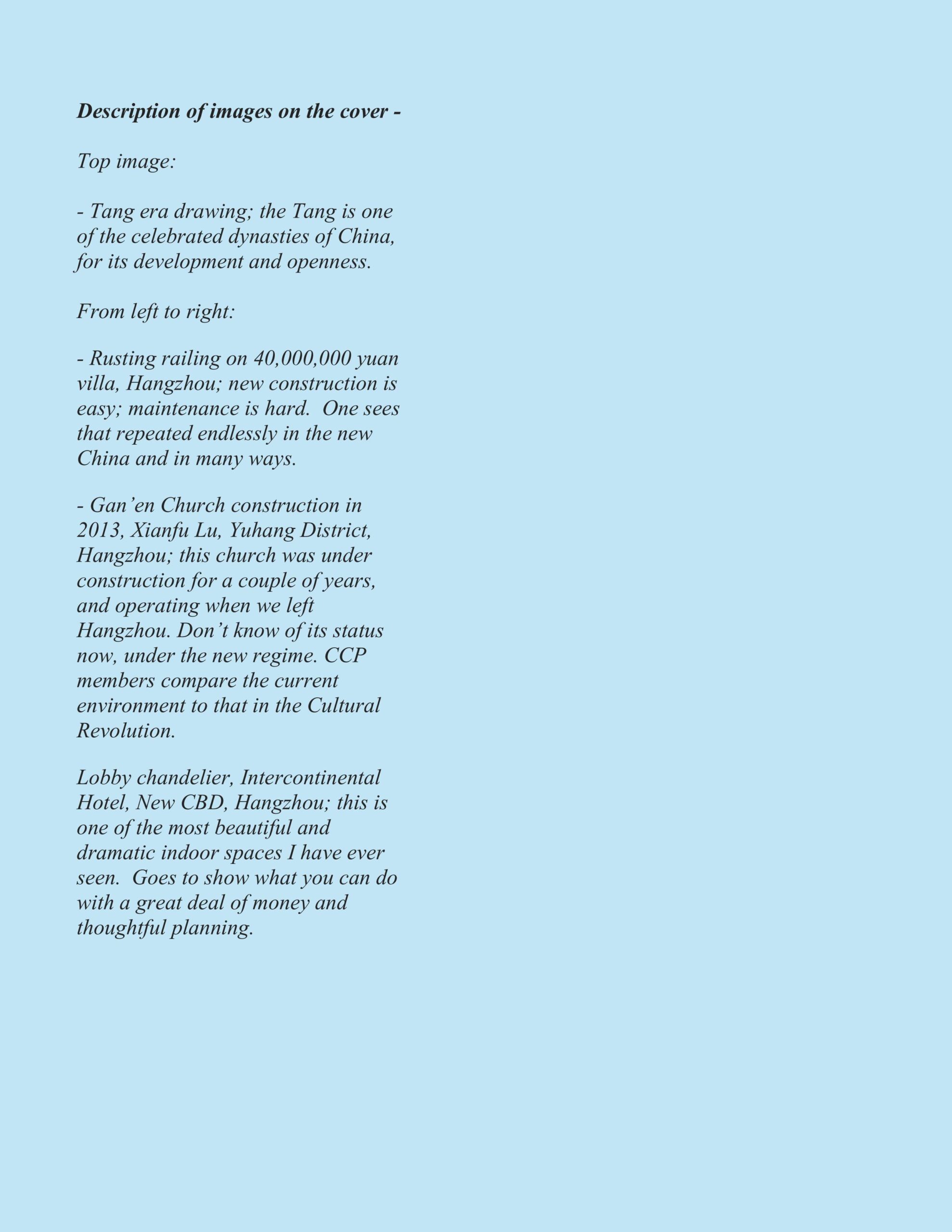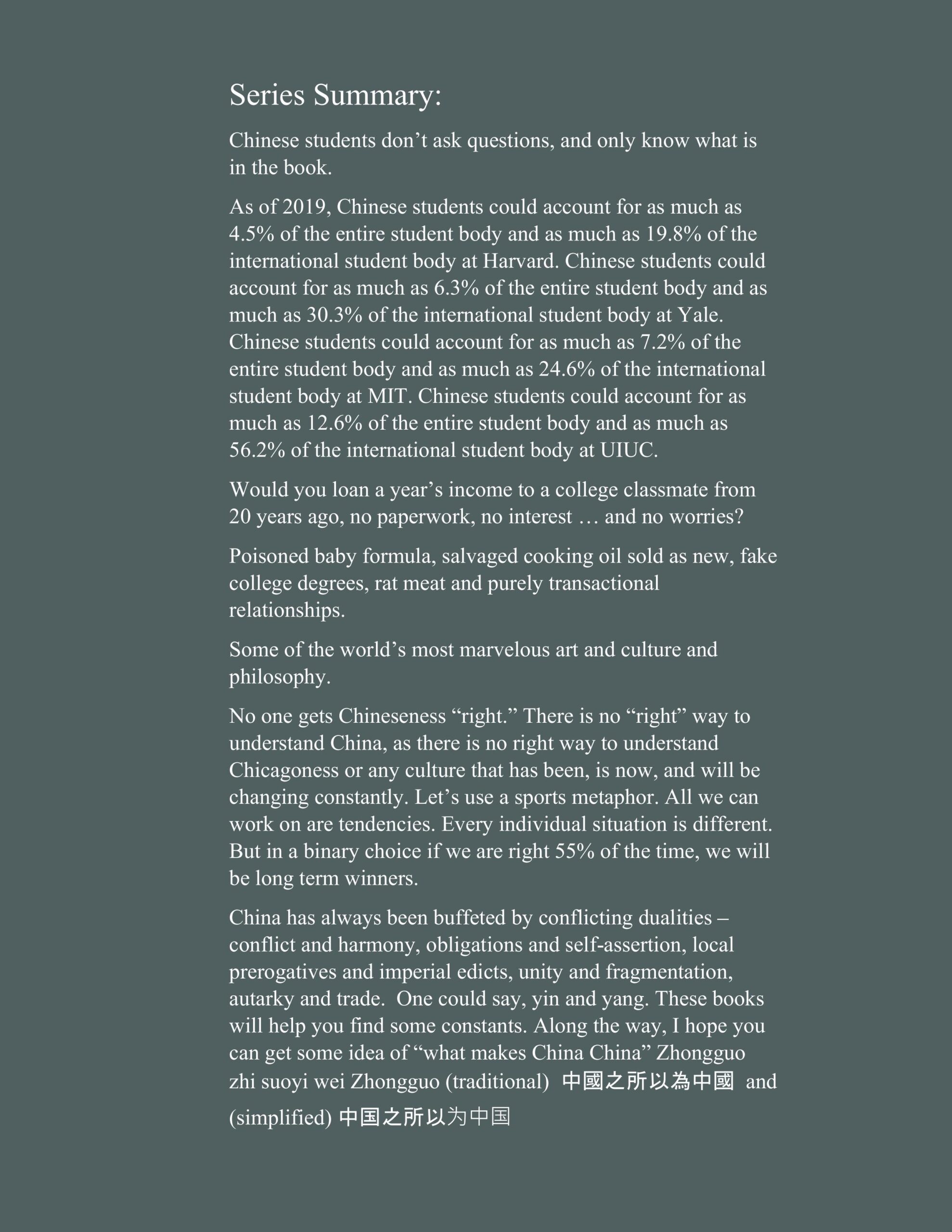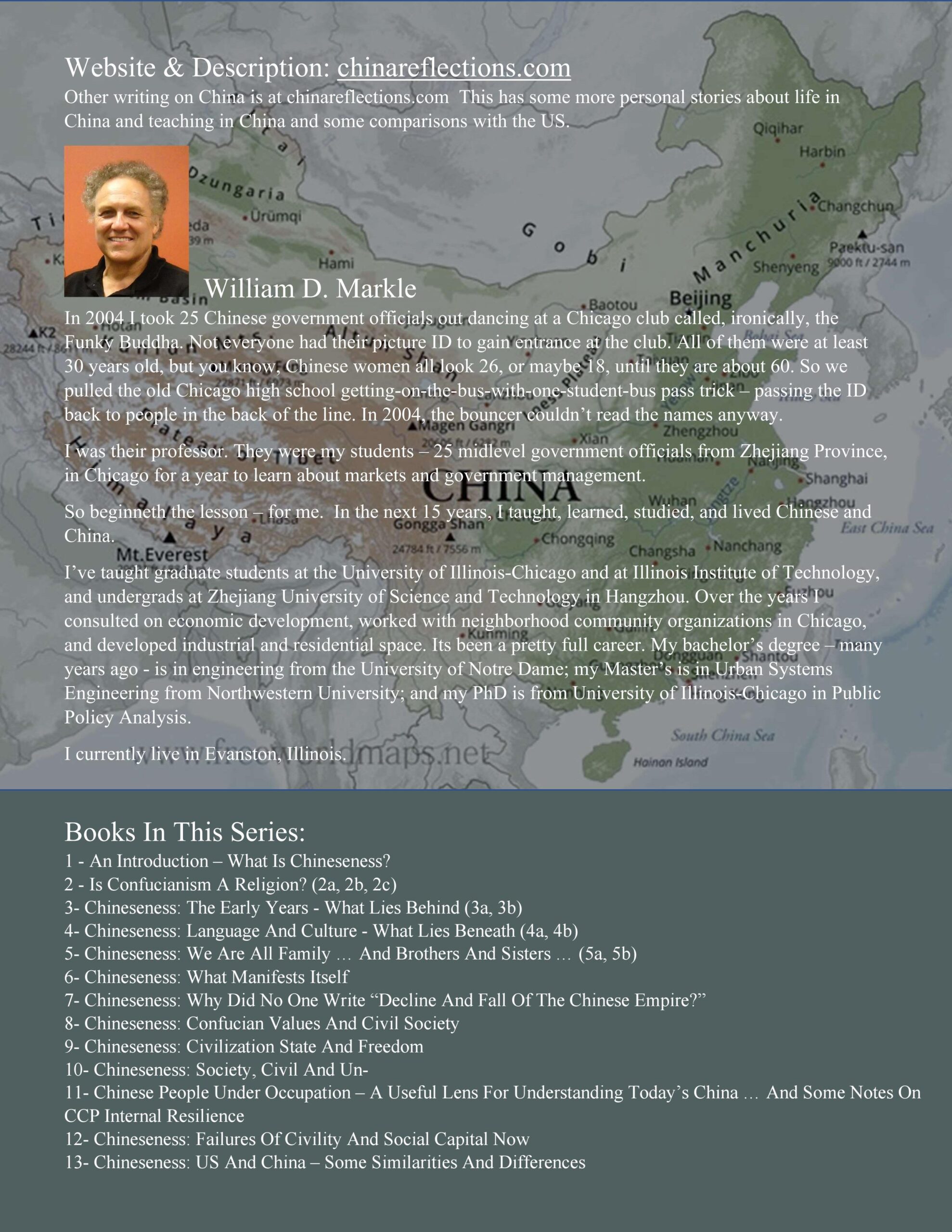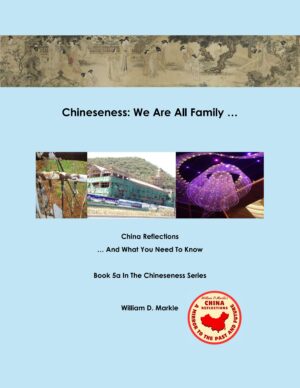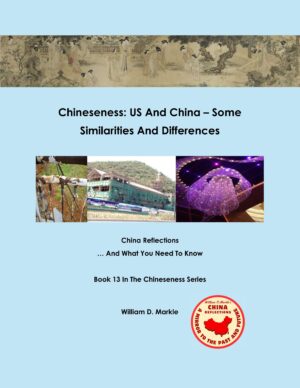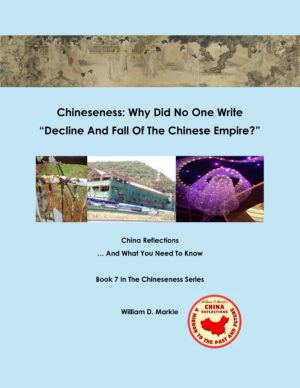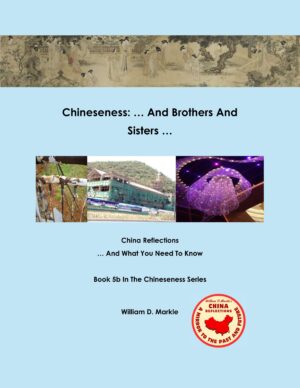Description
Confucius in the modern era … a society of strangers … in China and the US. Civility before social capital, social capital before civil society. Trust in the family is one thing. Trust in strangers is another. De Tocqueville said Americans could do that.
What is this social capital thing? I like my own definition – social capital is that which allows transformation of the intangible – plans or ideas – into the tangible – buildings or programs or businesses. Social capital reduces transaction costs in business and government. That is how Chinese businesses have been able to grow dramatically. Within the family, within the network, social capital can be very high.
Now, forget tariffs. Forget IP theft. Forget AI, EVs, solar panels and Chinese dominance of world markets in minerals and high tech and consumer goods.
The fundamental US-China competition is not about those things. It is the struggle between competing philosophies of governance and morality – as King Arthur told us in the movie version of Camelot – might for right instead of might is right.
Central to Marxist theory is the claim that civil society is a fraud. The apparent plurality of nonstate institutions adds up to a system systematically slanted in favor of one category (“class”) of people, defined in terms of their relationship to the available means of production (from Ernest Gellner, The Civil and the Sacred, 1990)
Well, ok – sounds a bit like America now.
And tianxia weigong – all under Heaven is held in common. Datong refers to the great unity of all people under heaven – a tolerant and benevolent society. Sounds wonderful … but this is the real world. Legalist values with a Confucian façade.


